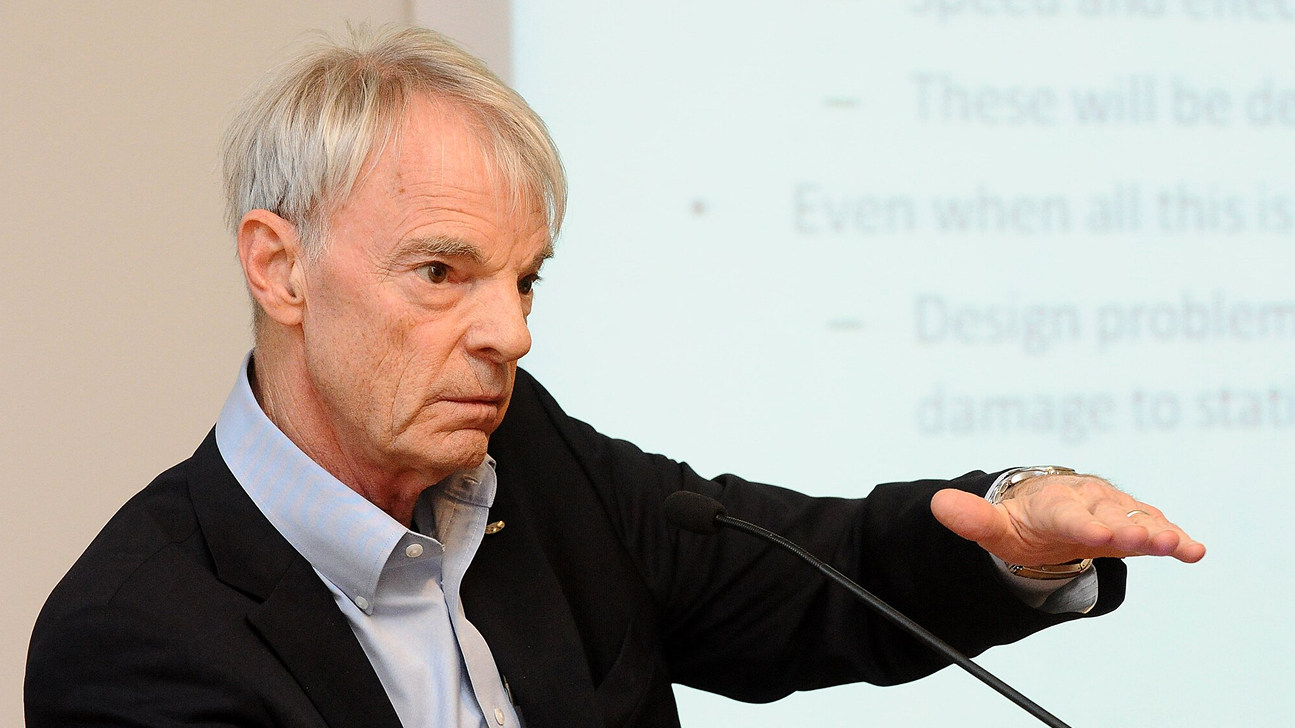Distribution-Free Conformal Joint Prediction Regions for Neural Marked Temporal Point Processes
Wednesday, January 10, 2024
Marked Temporal Point Processes (TPPs) are a valuable tool for modeling continuous-time event sequences and predicting the arrival time and type of future events. Neural TPPs leverage the expressive power of neural networks to address the limitations of classical TPP models, such as the Hawkes process, which are prone to misspecification errors due to their strong modeling assumptions. Quantifying uncertainty in these neural models, however, remains a significant challenge. Existing tools for uncertainty quantification often yield unreliable results, primarily because of implicit modeling assumptions and their dependence on asymptotic guarantees. This presentation will demonstrate how to construct well-calibrated, distribution-free neural TPP models from multiple event sequences using conformal prediction. Specifically, we will present methods to build a distribution-free joint prediction region for the event arrival time and type with a finite-sample coverage guarantee. We will first consider a naive but statistically valid approach that combines independent prediction regions for the event arrival time and type. By neglecting potential dependencies between these variables, this method can be overly conservative, resulting in large prediction regions. Then, we will introduce a more refined method based on the highest density regions, derived from the joint predictive density of event arrival time and type. This method effectively addresses the challenge of creating a joint prediction region for a bivariate response that includes both continuous and discrete data types. Additionally, we will assess the validity and efficiency of these methods through a comprehensive set of experiments on both simulated and real-world event sequence datasets.
Post Talk Link: ClickHere
Passcode: #G1Ahf$E
Speaker/s
Souhaib Ben Taieb is an Associate Professor of Machine Learning and Data Science at the University of Mons (UMONS) in Belgium, leading the Big Data and Machine Learning Lab. His research encompasses various aspects of probabilistic machine learning for time series data, spanning topics such as uncertainty quantification, probabilistic forecasting, anomaly detection, forecast scoring and calibration. Previously, he was a Lecturer in the Department of Econometrics and Business Statistics at Monash University in Australia, for approximately four years. He was a postdoctoral researcher in the Spatio-Temporal Statistics and Data Science group at KAUST in Saudi Arabia. Souhaib successfully completed his Ph.D. in Machine Learning at the Free University of Brussels (ULB) in Belgium. He also holds a B.Sc and M.Sc in Computer Science from ULB. Souhaib received the Solvay Award for his Ph.D. thesis, and an IEEE Power & Energy Society award for ranking fifth among hundreds of participating teams in the Kaggle Global Energy Forecasting Competition 2012. He also received the Top Reviewer certificate at ICML 2020. He is an Associate Editor of the International Journal on Forecasting.
Related
Nobel Laureate Michael Spence on how AI is redefining the global economy
Nobel Prize-winning economist Michael Spence explains how AI is reshaping the economic landscape and what is needed.....
- digital policy ,
- governance ,
- Nobel Prize ,
- guest talk ,
- guest lecture ,
- economics ,
- Economy ,
- Undergraduate ,
Understanding faith in the age of AI
MBZUAI hosted a panel discussion in collaboration with the Manara Center for Coexistence and Dialogue focused on.....
- connection ,
- discussion ,
- religion ,
- spirituality ,
- faith ,
- conversation ,
- panel ,
- Human–computer interaction ,

